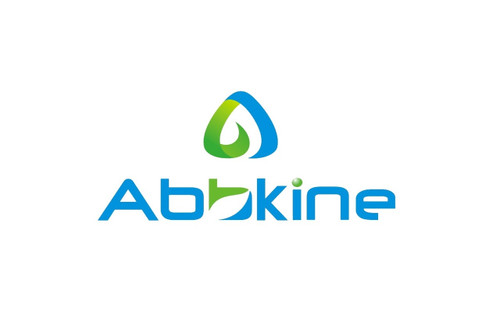Product Description
Rat Alpha-2C adrenergic receptor (ADRA2C) ELISA Kit | AE24094RA | Abebio
Species Reactivity: Rat (Rattus norvegicus)
Abbreviation: ADRA2C
Alternative Name: ADRA2L2; ADRA2RL2; ADRARL2; ALPHA2CAR; alpha-2C-adrenergic receptor|alpha2-AR-C4
Application: ELISA
Range: 0.312-20 ng/mL
Sensitivity: 0.122 ng/mL
Intra-Assay: ≤5.1%
Inter-Assay: ≤9.3%
Recovery: 1, 05
Sample Type: Serum, Plasma, Other biological fluids
Detection Method: Sandwich
Analysis Method : Quantitive
Test Principale: This assay employs a two-site sandwich ELISA to quantitate ADRA2C in samples. An antibody specific for ADRA2C has been pre-coated onto a microplate. Standards and samples are pipetted into the wells and anyADRA2C present is bound by the immobilized antibody. After removing any unbound substances, a biotin-conjugated antibody specific for ADRA2C is added to the wells. After washing, Streptavidin conjugated Horseradish Peroxidase (HRP) is added to the wells. Following a wash to remove any unbound avidin-enzyme reagent, a substrate solution is added to the wells and color develops in proportion to the amount of ADRA2C bound in the initial step. The color development is stopped and the intensity of the color is measured.
Product Overview: Alpha-2-adrenergic receptors include 3 highly homologous subtypes: alpha2A, alpha2B, and alpha2C. These receptors have a critical role in regulating neurotransmitter release from sympathetic nerves and from adrenergic neurons in the central nervous system. Studies in mouse revealed that both the alpha2A and alpha2C subtypes were required for normal presynaptic control of transmitter release from sympathetic nerves in the heart and from central noradrenergic neurons; the alpha2A subtype inhibited transmitter release at high stimulation frequencies, whereas the alpha2C subtype modulated neurotransmission at lower levels of nerve activity.ADRa2C encodes the alpha2C subtype, which contains no introns in either its coding or untranslated sequences.
Stability: The stability of ELISA kit is determined by the loss rate of activity. The loss rate of this kit is less than 5% within the expiration date under appropriate storage condition. The loss rate was determined by accelerated thermal degradation test. Keep the kit at 37°C for 4 and 7 days, and compare O.D.values of the kit kept at 37°C with that of at recommended temperature. (referring from China Biological Products Standard, which was calculated by the Arrhenius equation. For ELISA kit, 4 days storage at 37°C can be considered as 6 months at 2 - 8°C, which means 7 days at 37°C equaling 12 months at 2 - 8°C) .
 Euro
Euro
 USD
USD
 British Pound
British Pound
 NULL
NULL








